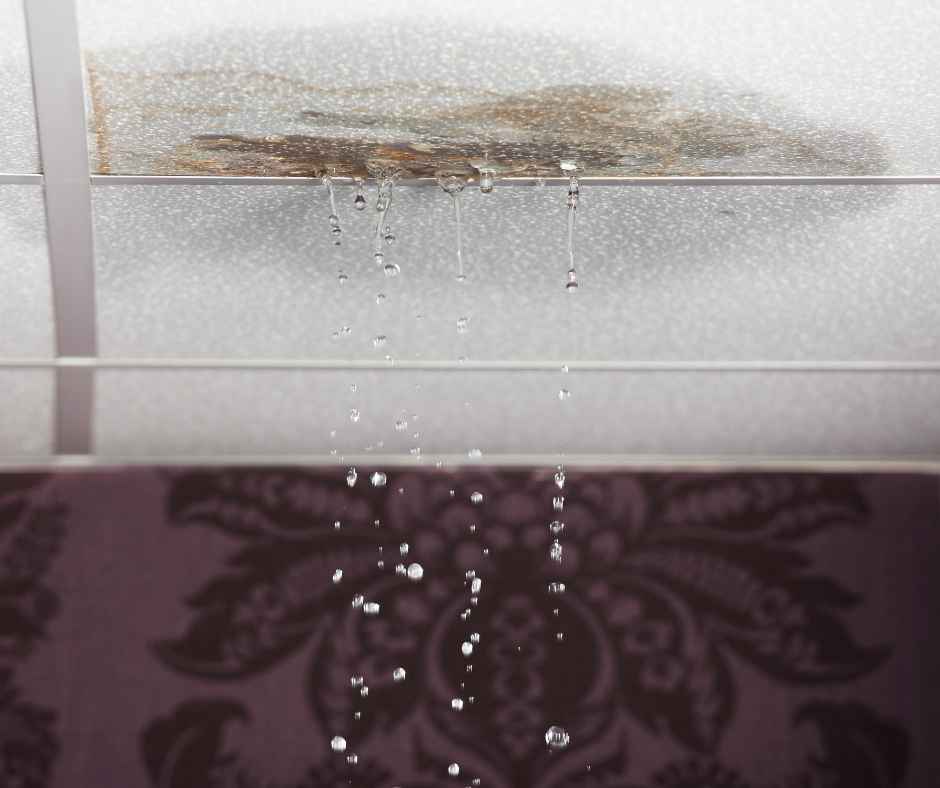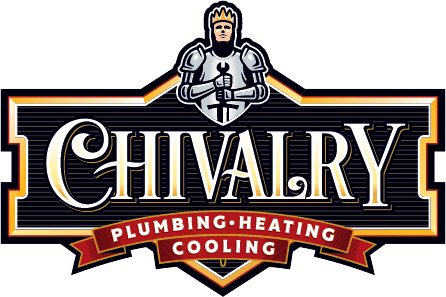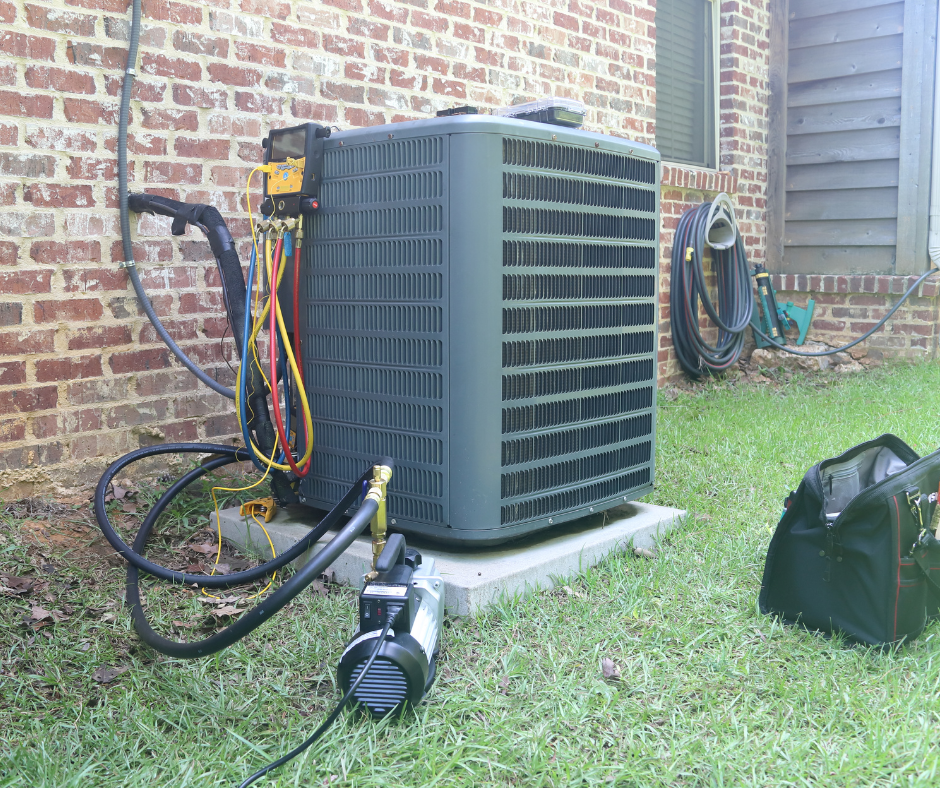
Why Is My Air Conditioner Not Blowing Cold Air?
Few things are more frustrating on a hot day than realizing your air conditioner isn’t blowing cold air. When temperatures rise, homeowners rely on their cooling system to keep their home comfortable and safe. But when that cool breeze turns into warm air, it can quickly become a stressful situation. An AC that isn’t working properly doesn’t just lead to discomfort — it can also increase your energy bills and signal a bigger issue within your system.
So why does this happen, and what can you do about it? In this blog, we’ll explore some of the most common reasons your air conditioner isn’t blowing cold air. We’ll also share helpful solutions, maintenance tips, and advice on when it’s time to call Chivalry Plumbing, Heating & Cooling for expert AC repair.
Why Your Air Conditioner Might Not Be Blowing Cold Air
Your air conditioner has one important job — to keep your home cool and comfortable. When it starts blowing warm or room-temperature air instead of the refreshing chill you expect, it’s a sign that something isn’t working as it should. This is a common issue for many homeowners, especially during the hottest days of the year when your AC is working its hardest.
There are several possible reasons why your air conditioner isn’t blowing cold air, and some are more serious than others. In many cases, the problem comes down to airflow restrictions or a disruption in the cooling process. For example, a clogged or dirty air filter can block airflow and prevent cool air from circulating properly throughout your home. If your system can’t “breathe,” it can’t cool your home efficiently.
Another common cause is low refrigerant levels. Refrigerant is the chemical that absorbs heat from the air inside your home. If your AC has a refrigerant leak or the levels are too low, your system won’t be able to produce the cool air you need.
Electrical problems can also be to blame. Faulty wiring, malfunctioning thermostats, or a tripped breaker can all disrupt your system’s ability to operate correctly. In more serious cases, mechanical issues like a damaged compressor or frozen evaporator coils can cause your AC to stop producing cold air altogether.
Whatever the cause may be, it’s important to address the issue quickly. Ignoring the problem can lead to higher energy bills, added strain on your system, and costly repairs down the road. Regular maintenance and timely repairs from trusted professionals like Chivalry Plumbing, Heating & Cooling can help restore your comfort and keep your AC running efficiently.
Key Signs Your AC Isn’t Working Properly?
It’s not always obvious at first when your air conditioner isn’t performing like it should. Sometimes the signs start small — like weak airflow or a slight change in temperature — before turning into bigger problems. Paying attention to early warning signs can help prevent expensive repairs and uncomfortable days without cool air.
Here are the most common signs that your AC isn’t working properly and may need attention:
Common Signs
- Warm air is coming from your vents instead of cool air.
- Airflow feels weak or barely noticeable in certain rooms.
- Your thermostat doesn’t seem to adjust the temperature correctly.
- Strange noises like buzzing, rattling, or banging are coming from your AC unit.
- Energy bills are increasing without a change in usage.
- Ice is building up on your outdoor unit or refrigerant lines.
- There’s an unusual musty or burning smell coming from the system.
These symptoms can be a sign of anything from a simple clogged filter to a more serious mechanical issue. Recognizing these warning signs early gives you a better chance of fixing the problem before it turns into a costly repair.
Causes/Why It Happens
So why do these signs show up in the first place? There are several reasons your air conditioner might stop blowing cold air:
- Dirty Air Filter: A clogged filter restricts airflow, making it harder for cool air to circulate.
- Low Refrigerant Levels: Leaks or insufficient refrigerant prevent your system from cooling effectively.
- Thermostat Issues: Incorrect settings, dead batteries, or malfunctioning components can cause temperature problems.
- Frozen Evaporator Coils: Reduced airflow or refrigerant issues can lead to frozen coils, preventing cooling.
- Blocked or Dirty Condenser Unit: Debris around the outdoor unit can interfere with heat exchange.
- Electrical or Wiring Problems: Faulty wiring, blown fuses, or a tripped breaker can stop your AC from working.
- Failing Compressor or Motor: Mechanical failures inside the system prevent proper cooling and airflow.
Understanding these common causes can help you decide whether it’s a simple fix or time to call a professional.
Solutions or Ways to Fix the Problem
If your air conditioner isn’t blowing cold air, don’t panic — some issues are easy to handle on your own. Other problems, however, are best left to the professionals to avoid causing further damage or risking your safety. Let’s look at what you can do at home and when it’s time to call in an expert.
DIY Solutions
Many minor AC issues can be resolved with a few simple steps. Here are some easy things homeowners can do to get their system back on track:
- Replace or Clean the Air Filter: A dirty air filter is one of the most common causes of poor airflow. Check your filter monthly and replace it as needed to ensure proper airflow and system efficiency.
- Check Thermostat Settings: Make sure your thermostat is set to “cool” and the temperature is set lower than your current room temperature. Also, replace batteries if needed.
- Inspect and Clear the Outdoor Unit: Debris like leaves, grass, or dirt can block the condenser and prevent heat from escaping. Carefully clear the area around your outdoor unit for proper airflow.
- Reset the Breaker: If your AC isn’t turning on at all, check your electrical panel and reset any tripped breakers that control your cooling system.
- Unblock Vents and Registers: Ensure that furniture, curtains, or other objects aren’t blocking your vents, which can restrict airflow throughout your home.
These simple steps often resolve minor problems and improve your system’s performance. However, if the issue persists, it may be time for professional help.
When to Call a Professional
While DIY maintenance can solve some problems, other issues require the expertise of a trained HVAC technician. Here are situations when it’s best to contact Chivalry Plumbing, Heating & Cooling for AC repair:
- Refrigerant Leaks: Handling refrigerant requires special tools and certifications. A professional can locate and repair leaks, then recharge the system safely.
- Frozen Evaporator Coils: If your coils are iced over, it often means there’s an underlying problem like low refrigerant or restricted airflow that needs expert attention.
- Electrical or Wiring Issues: Faulty wiring is not only dangerous but can lead to system failure. Leave electrical repairs to a licensed technician.
- Compressor or Motor Failure: These are complex components critical to your AC’s function. Professional repair or replacement is necessary for long-term performance.
- Routine AC Maintenance: Annual inspections and tune-ups from a professional ensure your system stays in peak condition, catching issues early before they turn costly.
Professional service ensures your air conditioner is repaired correctly, operates efficiently, and keeps your home comfortable even during the hottest days.
Tips to Prevent AC Problems in the Future
Preventing air conditioner issues is always easier — and more affordable — than dealing with unexpected breakdowns. With just a little regular care and attention, you can keep your cooling system running smoothly and avoid the frustration of a warm, uncomfortable home.
Here are some simple tips to help maintain your AC and prevent future problems:
- Change Air Filters Regularly: Replace your air filter every 1-3 months, depending on usage and whether you have pets or allergies. A clean filter keeps airflow strong and improves indoor air quality.
- Schedule Professional Maintenance: Book an annual AC tune-up with Chivalry Plumbing, Heating & Cooling to catch minor issues early and keep your system working efficiently.
- Keep the Outdoor Unit Clear: Remove leaves, grass clippings, and other debris from around your condenser to ensure proper airflow and prevent overheating.
- Inspect Thermostat Settings: Double-check your thermostat settings seasonally and replace batteries at least once a year to avoid malfunctions.
- Seal and Insulate Ductwork: Make sure your ductwork is properly sealed and insulated to prevent cooled air from escaping before it reaches your living spaces.
- Keep Vents and Registers Clean: Vacuum and dust around vents regularly to keep air flowing freely and reduce strain on your system.
- Pay Attention to Warning Signs: Don’t ignore early signs like weak airflow, strange noises, or higher energy bills — they could signal a developing problem.
Following these maintenance tips can extend the lifespan of your air conditioner, lower energy costs, and keep your home cool and comfortable year-round.
Wrap-Up: Conclusion & CTA
When your air conditioner isn’t blowing cold air, it can quickly turn your home from a cool retreat into an uncomfortable space — especially during the warmest months of the year. Fortunately, many of the most common AC problems are preventable with regular maintenance and quick action when issues arise.
Simple steps like changing your air filter, keeping your outdoor unit clear, and scheduling routine professional maintenance can go a long way toward keeping your system running smoothly. And when problems are too big to handle on your own, you can trust the experts at Chivalry Plumbing, Heating & Cooling to get your cooling system back on track.
Don’t wait for small issues to turn into costly repairs. Contact Chivalry Plumbing, Heating & Cooling today for expert air conditioning repair, maintenance, and service. We’re here to help keep your home cool, comfortable, and running efficiently all summer long.
Recent News
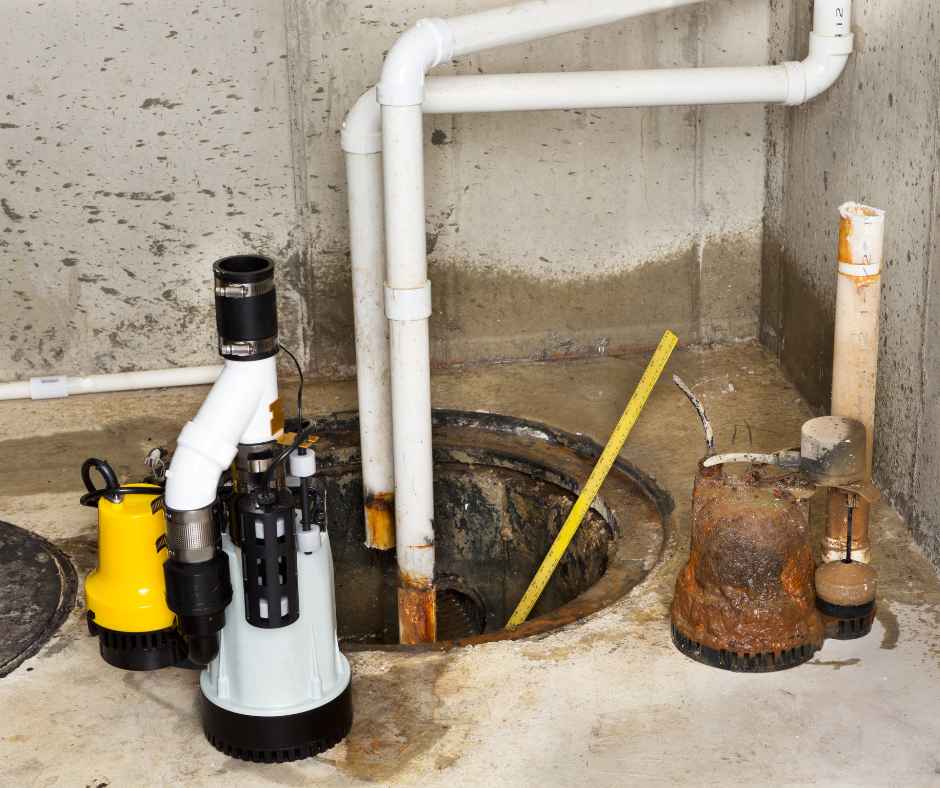
How to Prepare Your Home’s Systems Before Spring Storms Hit Long Island
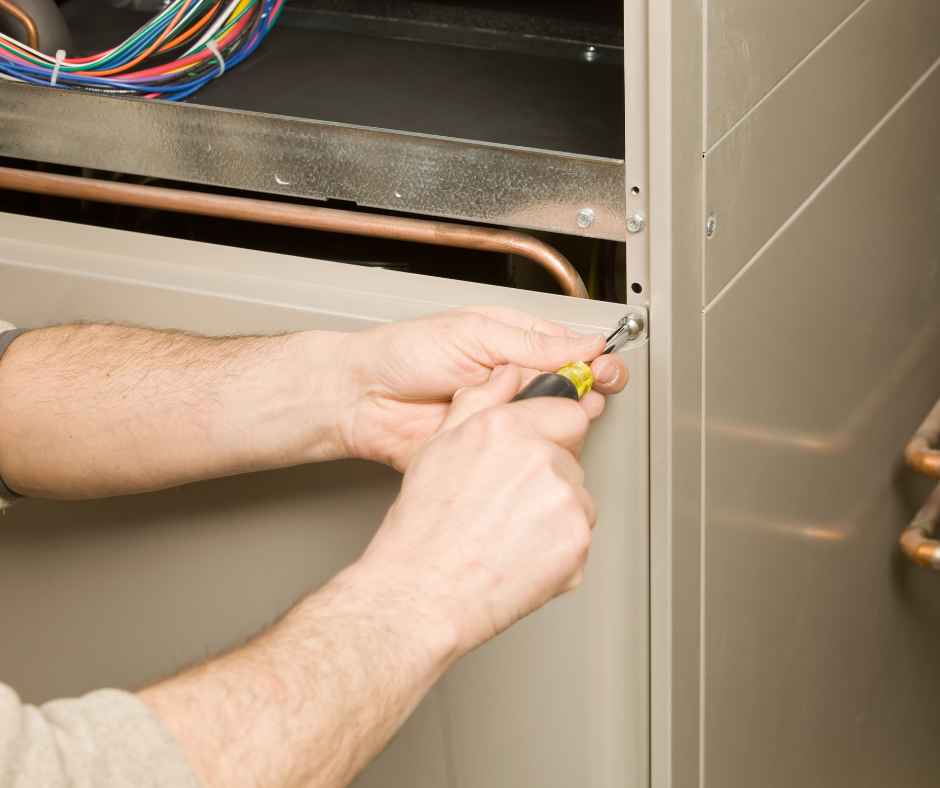
How to Lower Heating Bills During a Long Island Winter Without Losing Comfort

Smart Plumbing Upgrades That Save You Money in New York

Freeze & Burst Protection in Massapequa: How to Safeguard Pipes Before Winter
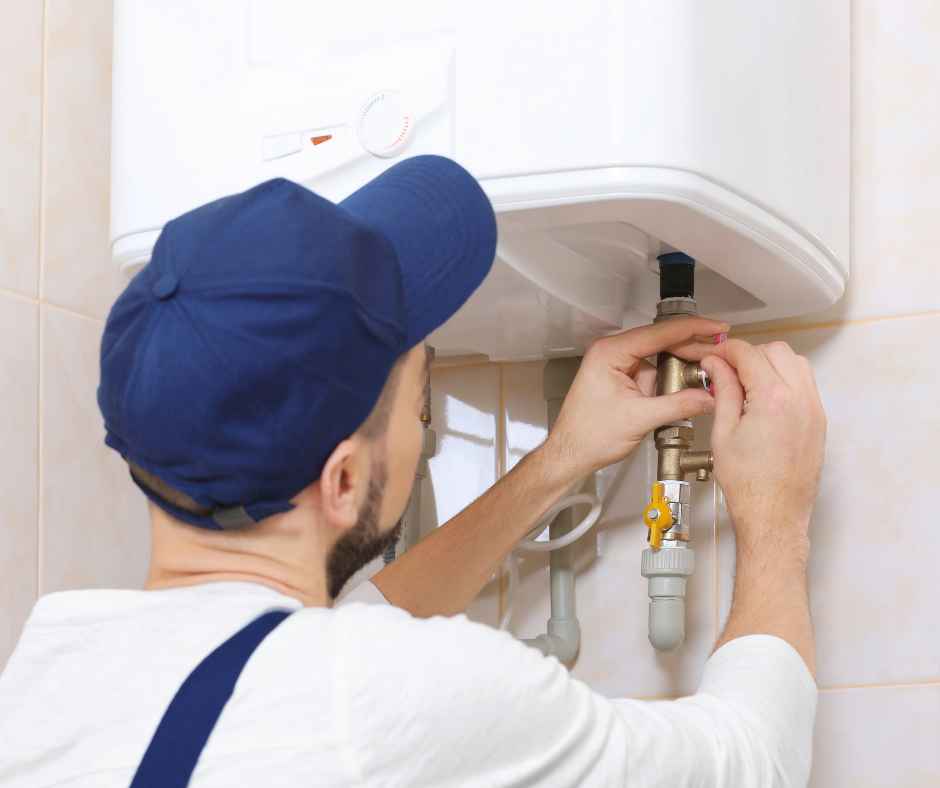
Massapequa Home Plumbing Audit: 20-Point Checklist
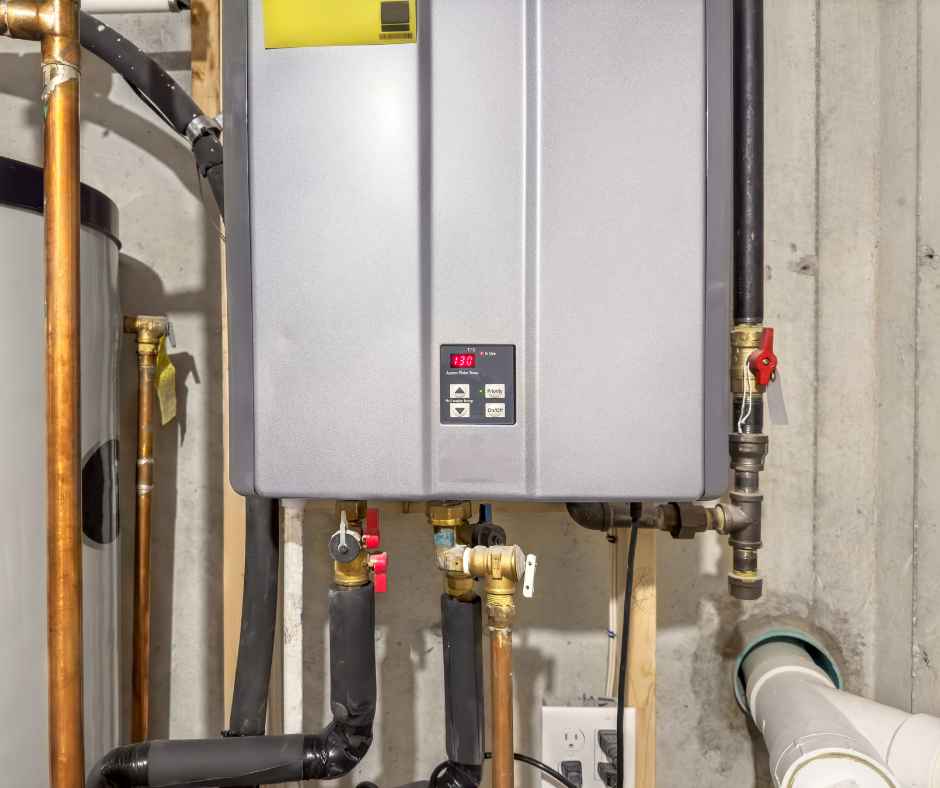
Tankless vs. Traditional Water Heaters: An Unbiased Cost-Benefit Analysis
